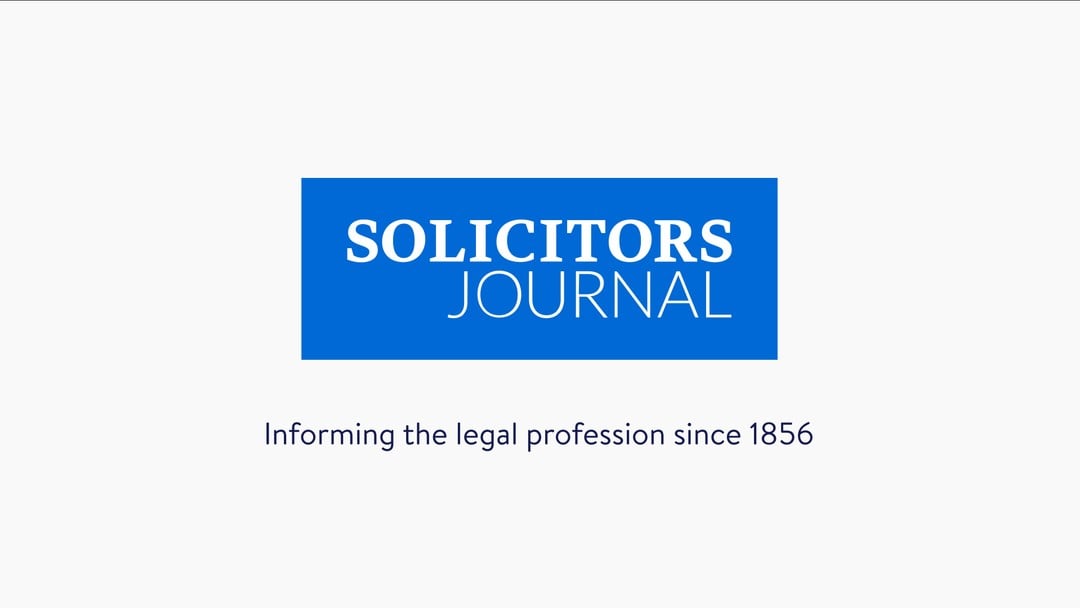Workshop: The consultation condundrum: how to conduct a consultation

Rebecca Clutten considers the who, what, why and when of consultations
Public authority decision makers, or their agents, are tasked with an array of functions, whether as a result of statute or policy decisions. Often, the way those functions are exercised will impact, to varying degrees, on the lives of the public being served.
Frequently, the ability to exercise related powers, or to change the way in which they are exercised, is subject to statutory consultation procedures: e.g. consultation is required before a local planning authority can determine applications for planning permission, with even stronger requirements in environment impact assessment (EIA) cases. In other cases, the decision maker will be under no such statutory obligation, but the decision will nonetheless affect peoples’ lives. Take, for example, local authority plans to dispose of freeholds to a private third party, in circumstances where the leaseholders purchased under right to buy legislation.
Does the absence of a statutory obligation to consult mean that there is no obligation at all? If consultation must be carried out, in the absence of any governing rules and regulations, how?
It is well-established that there will be an obligation to consult where the decision maker has engendered a legitimate expectation. Maybe as a result of an officer publicly stating that consultation would occur, or a policy document setting out the same, or even a statement on the decision maker’s website noting that a certain group of individuals would be consulted in specified circumstances (e.g. R (Viera) v Camden LBC [2012] EWHC 287 (Admin)).
In other cases, the need for consultation may still arise if it could be regarded as Wednesbury unreasonable for affected persons’ views not to be canvassed. Indeed, where a group or individuals are affected, a decision maker would be well advised only to avoid consultation where it has a rational reason for proceeding without doing so: e.g. it is under an obligation to act in a certain way because of a court judgment, or action must be taken to ensure public safety.
Once a decision is taken to consult, it is vital that consultation be carried out properly (R v North Devon Health Authority, ex parte Coughlan [2001] QB 213). Consultation will only be regarded as such where directed to the relevant parties; carried out at a sufficiently formative stage of proposals for the input of consultees to make a difference; sufficient in scope and duration, and any responses received are duly considered.
To be directed to the relevant parties, ?the consultation will need to include anyone who was told they would be consulted, as well as anyone directly affected by the proposed action, and, it is suggested, any other key stakeholders in relation to the issue. If in doubt, don’t leave them out.
Consultation will be carried out at ?a sufficiently formative stage not only if ?a number of options are in play, but also ?if a proposal is capable of revision and there is willingness to revise it in light of responses received.
The scope of consultation will vary depending on the proposals, but it is important that consultees are given sufficient information to enable them properly to engage with the questions being asked, and that questions are asked on all matters which are to impact upon affected persons (e.g. R (Redcar and Cleveland Independent Providers Association) v Redcar and Cleveland BC [2013] EWHC 4 (Admin)). One safeguard might be to give consultees the opportunity to raise other issues they consider relevant. If any of these raise concerns, a further consultation exercise can be carried out. The scope of the consultation may also affect the time for responses. Short periods (days or even a couple of weeks) will not be sufficient where the information the consultee must get to grips with is extensive or technical. A minimum period of 28 days is frequently advisable. Within reason, consultees should be given as much time as possible.
Finally, all of a decision-maker’s efforts on the aforementioned matters will count for naught unless due consideration is given to responses. There should in all cases be a written record the responses considered (and by whom), and how those results informed the action taken, especially where there is a conflict between the views expressed and action subsequently taken.
|
Golden rules of proper consultation ? Keep your promises. Be conscious of statements to the effect that consultation will occur, whether made in print or in person. ? Canvas the right people. Ensure consultation covers all affected parties, including those with a professional interest. ? Ask sufficient questions. Query information and give sufficient information to facilitate meaningful responses. ? Time to think. Allow plenty of time for consultee responses, especially on technical matters. ? Ignorance is not bliss. Reflect on responses received, and be open to changing your plans in light of them. |

